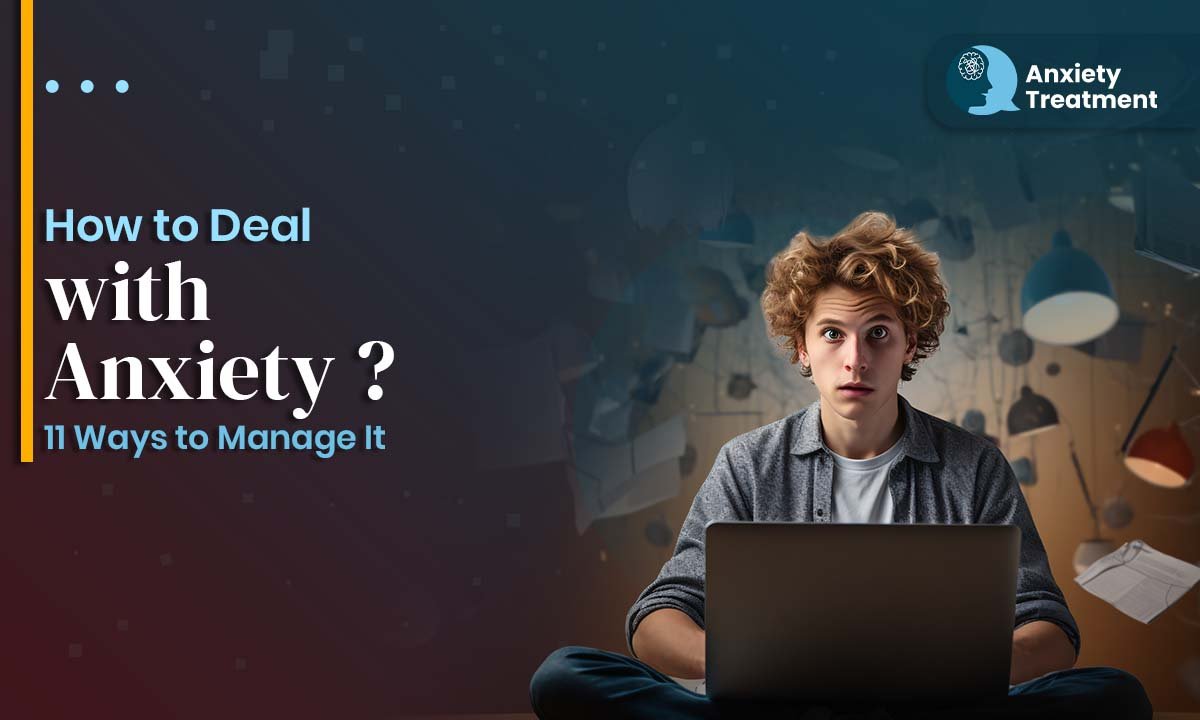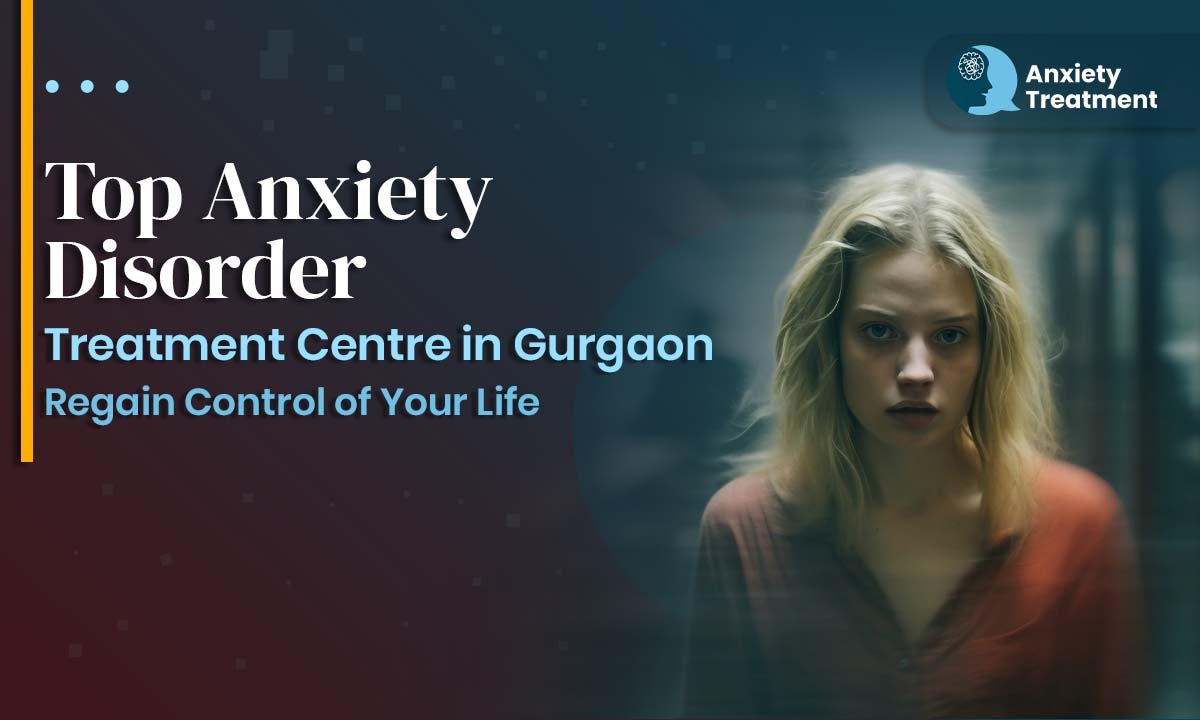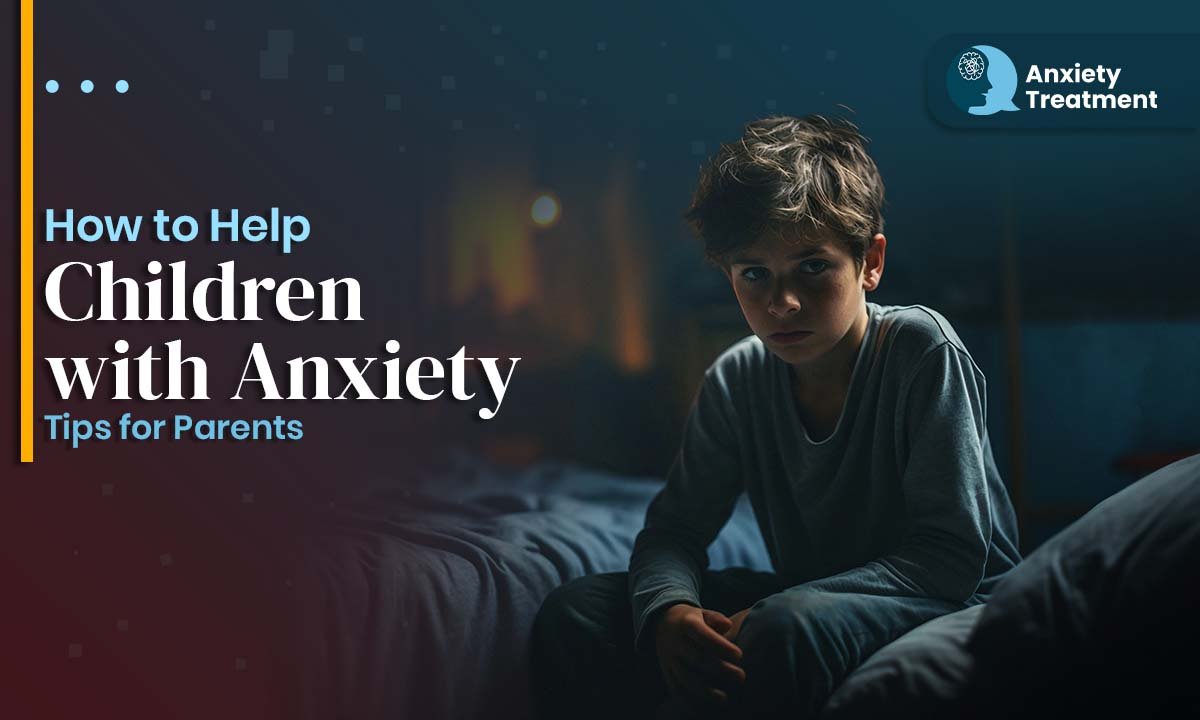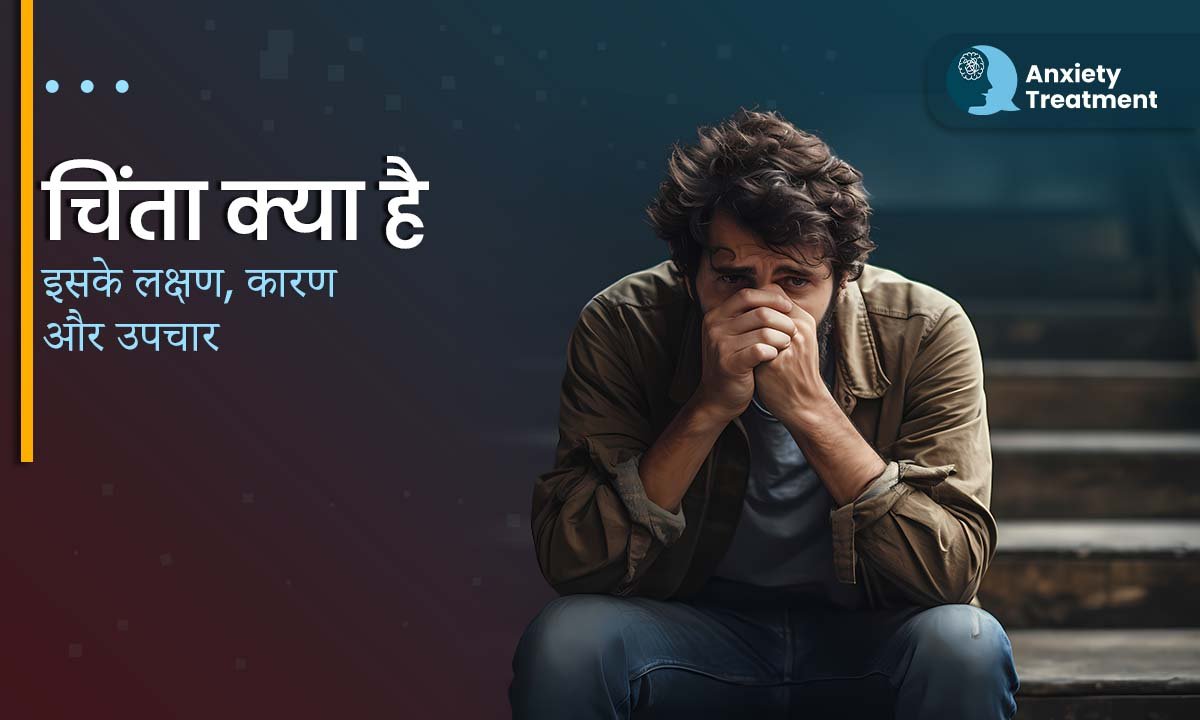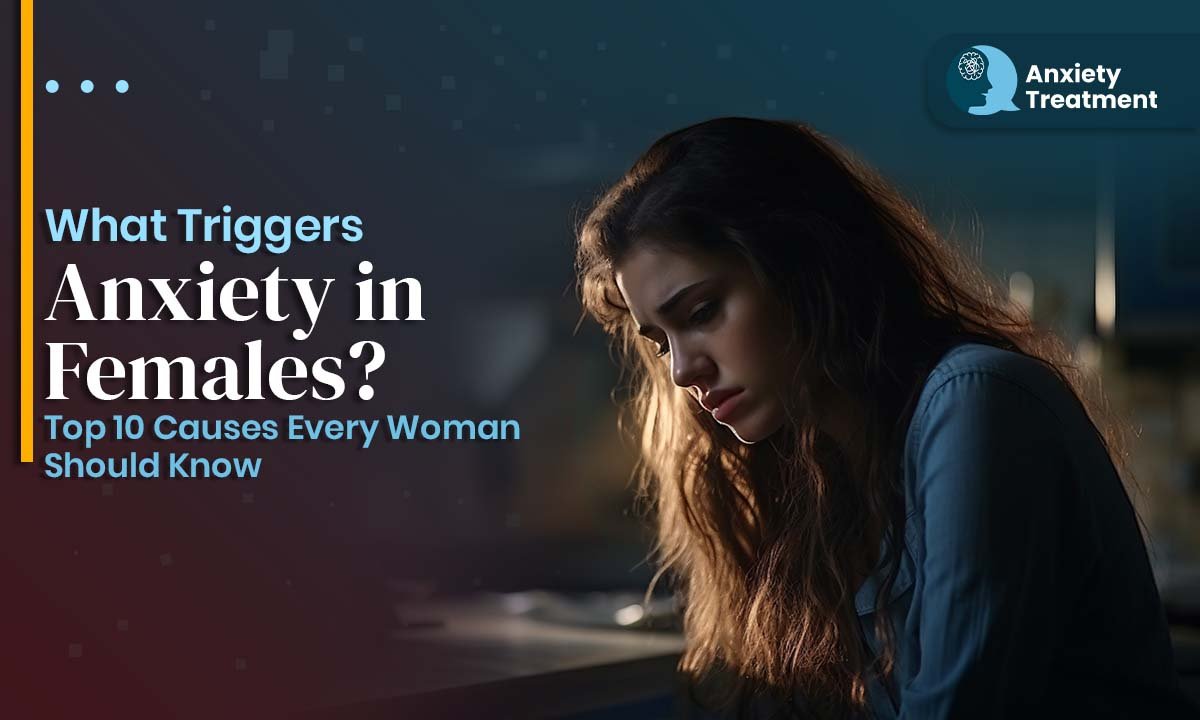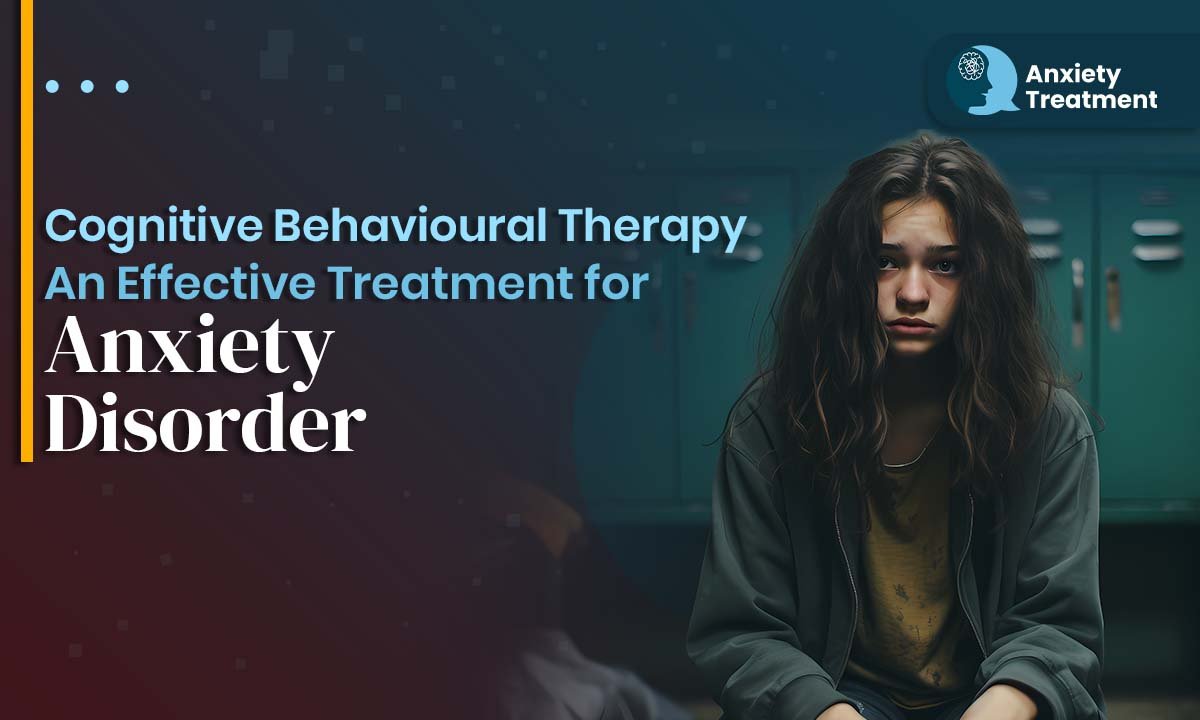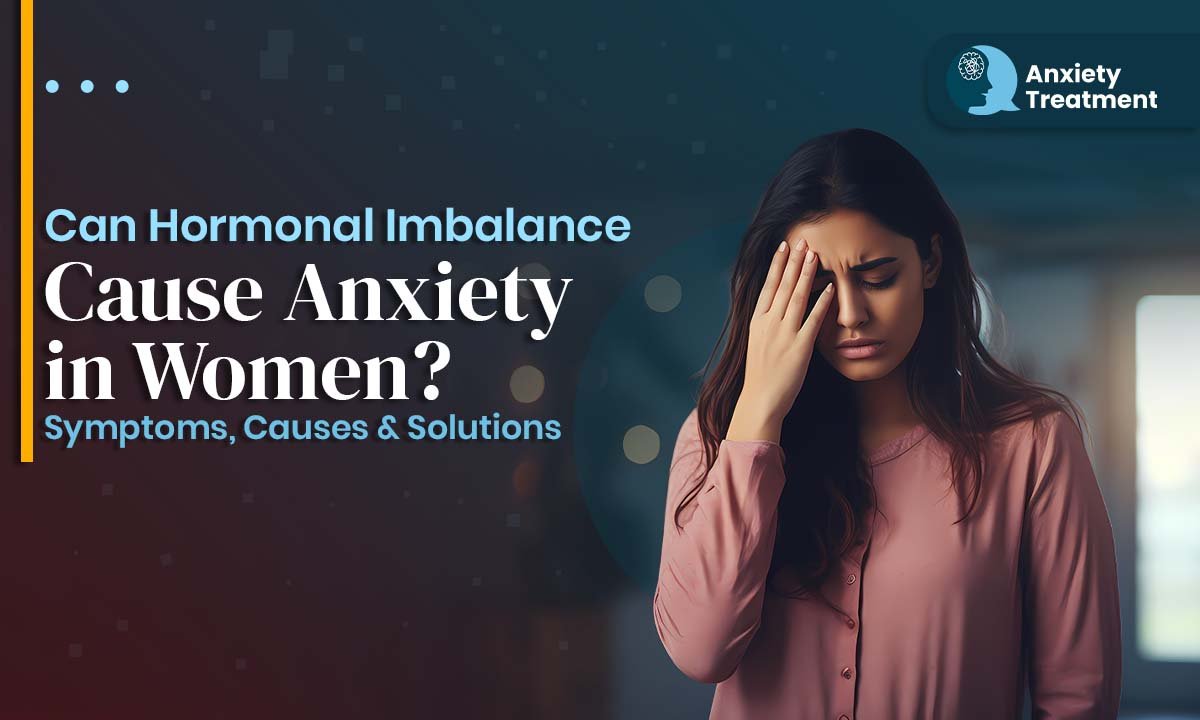Anxiety is a natural response to stress, but when it becomes overwhelming, it can affect every aspect of your life from sleep and focus to relationships and overall well-being. Thankfully, there are effective strategies for coping with anxiety, many of which are supported by research and mental health experts.In this post, we’ll explore 11 practical, evidence-based techniques you can use to deal with anxiety and reclaim your peace of mind.
11 Ways You Should Know – Discover simple and effective strategies
These eleven strategies include quick techniques for calming anxiety in the moment and long-term habits to build emotional resilience. Some offer instant relief during stressful situations, while others are most effective when practiced consistently. The goal is to discover which methods suit your lifestyle and help you manage your unique anxiety triggers.
1. Focus on Deep Breathing
During moments of anxiety, your breathing may become quick and shallow, which can intensify feelings of panic or unease. Practicing deep breathing helps calm the nervous system and restores a sense of balance. A simple method is to inhale for 4 seconds, hold your breath for 4 seconds, and exhale slowly for 6 seconds.
2. Stay Active with Exercise
Physical movement releases endorphins and serotonin, natural chemicals that improve mood. Regular activity, whether it’s walking, yoga, or dancing, can significantly reduce anxiety symptoms.
3. Reduce Caffeine and Alcohol
These substances can heighten anxiety or aggravate existing symptoms, making it harder to stay calm and focused.Caffeine acts as a stimulant and can trigger physical symptoms that closely resemble those of anxiety, such as a racing heart or restlessness. Alcohol may seem calming initially but often worsens anxiety over time.
4. Establish a Healthy Sleep Routine
Insufficient sleep can impair emotional regulation, making it more difficult to cope with stress and anxiety. Strive for Aim for 7-9 hours of restful sleep by going to bed and waking up at the same time each day. Limit screen time before bed and opt for calming activities such as reading or taking a warm bath to promote better sleep.
5. Try Meditation and Mindfulness
Mindfulness involves staying present without judgment. It helps break the cycle of anxious thoughts.. Meditation, even for 10 minutes a day, can lower stress and improve emotional control.
6. Reframe Anxious Thoughts
Many anxious feelings are triggered by negative or unrealistic thoughts. Learn to spot these patterns and replace them with more balanced thinking. For example, instead of thinking “I’m going to fail,” say “I’ll do my best and prepare thoroughly.”
7. Connect with Others
Sometimes, just expressing what you're going through is enough to gain perspective and feel supported.
8. Face Your Fears Gradually
Avoiding what makes you anxious might seem helpful short term, but it reinforces fear. Gradually exposing yourself to feared situations at your own pace builds confidence and reduces anxiety over time.
9. Engage in Enjoyable Activities
Engaging in hobbies provides a refreshing mental break and helps shift your focus away from stress. Whether it’s drawing, gardening, cooking, or listening to music, doing something you enjoy helps bring down stress levels.
10. Keep a Journal
Writing down your thoughts can be very therapeutic. It helps you process emotions, identify triggers, and recognize progress over time.Try journaling before bed or after stressful events.
11. Seek Professional Support
If anxiety becomes chronic or severe, it’s important to talk to a licensed mental health professional. Therapy, such as cognitive-behavioral therapy (CBT), and in some cases, medication, can be highly effective.
Conclusion
Knowing how to overcome anxiety involves consistent effort and self-compassion. By incorporating these strategies, you can gradually regain control over your mental well-being . There’s no shame in needing help; the key is to take small, sustainable steps toward feeling better.

